- Overview
- Symptoms
- Causes & Risks
- Tests & Diagnosis
- Treatment
- Relapse
- Complications
- Living With
- Caregiving
- View Full Guide
Faces of Schizophrenia You May Know


Aaron Carter
The late former teen pop star, rapper, and dancer dealt with several mental illnesses, including schizophrenia. This lifelong condition can affect you in profound ways. Some people have hallucinations or delusions, which is when you see, feel, or believe things that aren’t real. Others might speak in nonsense, or have trouble with their memory and reasoning. Carter had admitted to being on several medications to manage his symptoms. He died in 2023 of drowning after using an inhalant and taking anxiety medication.
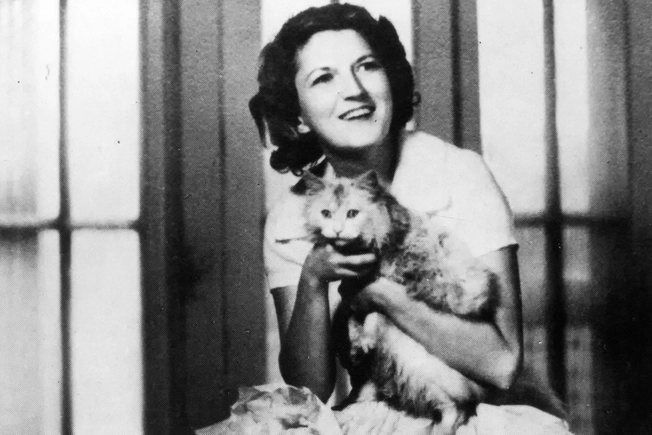
Zelda Fitzgerald
This writer, artist, and 1920s fashion symbol was married to The Great Gatsby author F. Scott Fitzgerald. During their rocky, unhappy marriage, Zelda had several mental breakdowns and was diagnosed with schizophrenia. She spent the last two decades of her life in and out of psychiatric hospitals. Fitzgerald died in 1948 in a fire in one such hospital. She was 47.
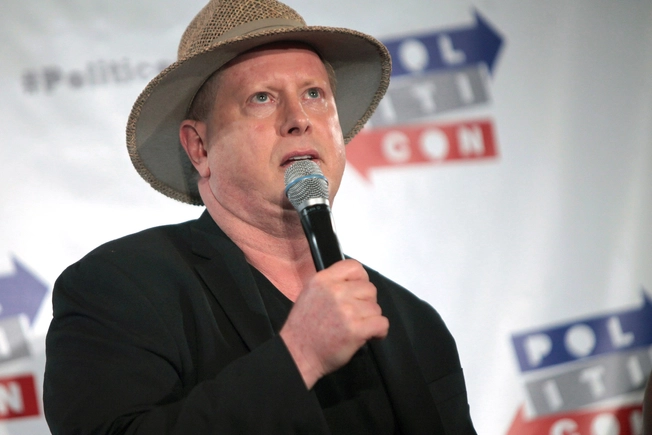
Darrell Hammond
This Saturday Night Live actor turned announcer is best known for impersonations of Bill Clinton, Donald Trump, and other famous faces. As a child, Hammond was viciously physically abused by his mother. A doctor told his mother that he had schizophrenia and manic depression, also called bipolar disorder. Hammond now rejects that diagnosis. Instead, he thinks his struggles with drugs, alcohol, and self-cutting stem from childhood trauma.
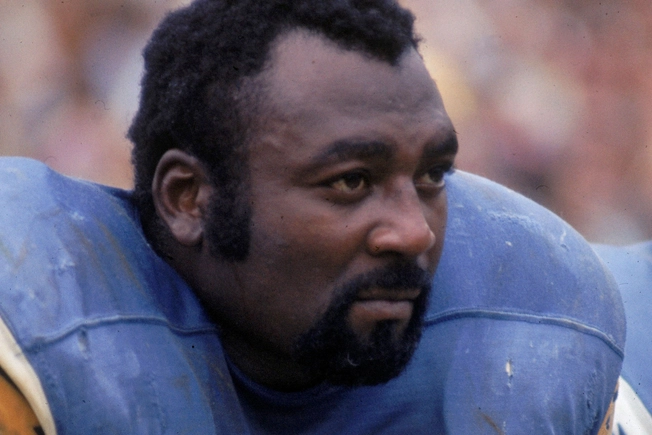
Lionel Aldridge
After a stellar football career in the 1960s, Aldridge made it to the Green Bay Packers Hall of Fame, then covered the game as an NBC analyst. But in his 30s, he became paranoid, had hallucinations, and was diagnosed with schizophrenia. For a while, he was homeless. But with medications, he regained control. He spoke about his condition for many years before his death in 1998.
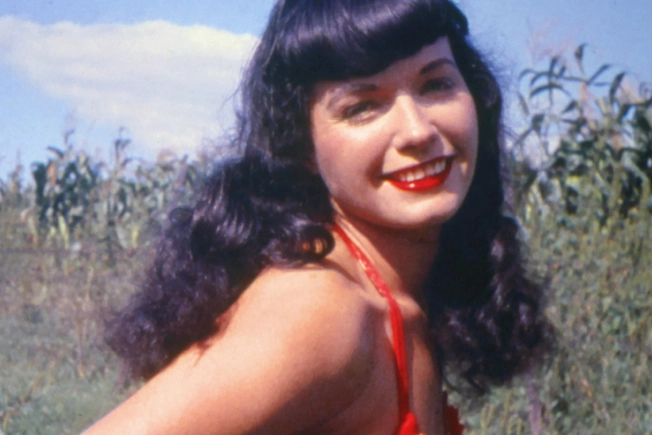
Bettie Page
The “Queen of Pinups” pushed boundaries in the 1950s with risqué photos that made her a modeling icon. By the 1970s, Page displayed symptoms of schizophrenia. Her mental health struggles came to a head in 1982, when she attacked her landlady with a knife. A judge sentenced her to a psychiatric hospital for almost 10 years. Despite that, it’s a myth that schizophrenia makes you dangerous. Most people with it aren’t violent.
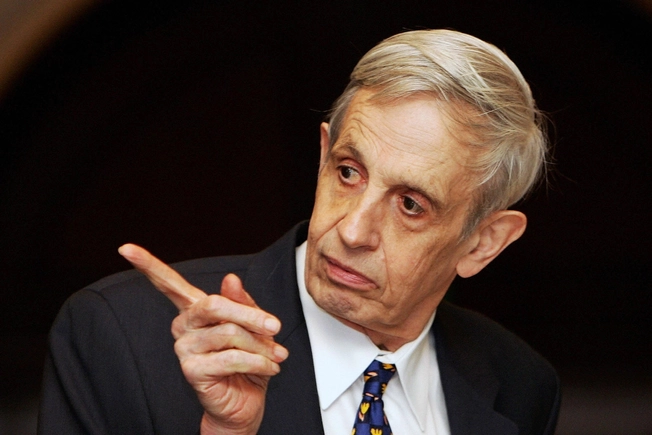
John Nash Jr.
By age 30, he was known as one of the world’s most brilliant mathematicians. Then paranoia, delusions, and other symptoms of schizophrenia took hold. Nash’s descent into mental illness lasted for 20 years. But he slowly improved and returned to teach at Princeton University. In 1994, he won the Nobel Prize in Economics. Russell Crowe played Nash in the Oscar-winning movie A Beautiful Mind.
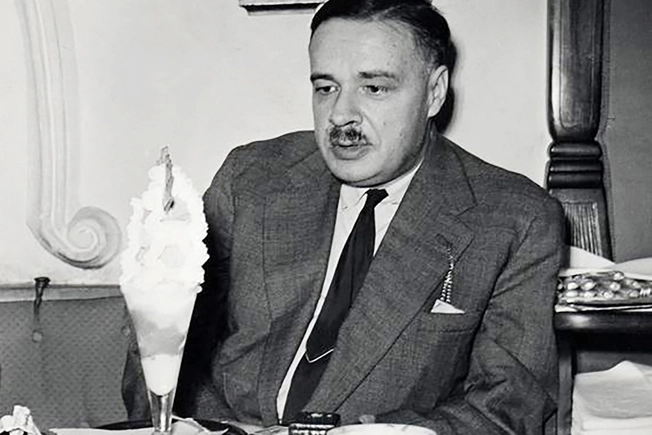
Eduard Einstein
The youngest child of Albert Einstein was studying medicine when he was diagnosed with schizophrenia at age 20. He spent many years in and out of a psychiatric clinic in Zurich, Switzerland. By the time the famous physicist died in 1955, the younger Einstein hadn’t seen his father for more than 30 years.
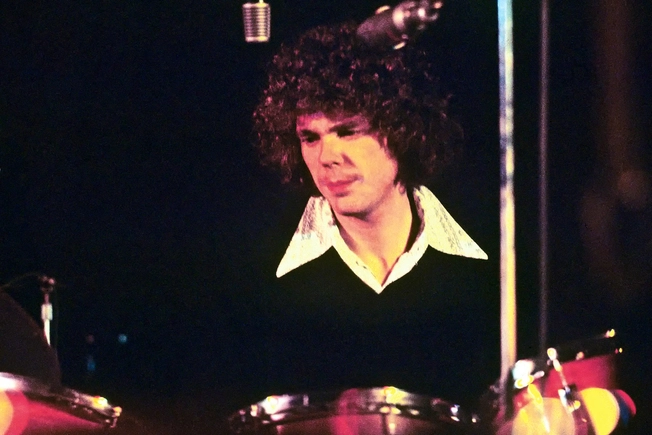
Jim Gordon
He was for years one of the most in-demand drummers in the rock world. Gordon played with John Lennon and Frank Zappa and co-wrote “Layla” with Eric Clapton. In 1983, Gordon stabbed his mother to death. He said he “snapped” from the torment of hearing her voices in his head. He was then diagnosed with schizophrenia. He has been denied parole from prison multiple times, most recently in 2018.
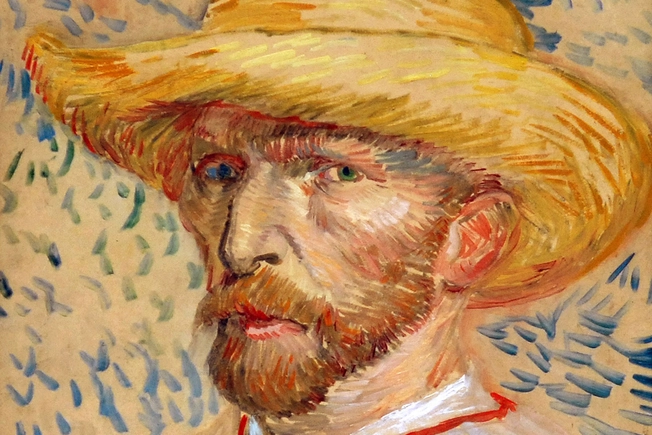
Vincent van Gogh
Hallucinations, including hearing voices, are a common symptom of schizophrenia. Some scholars say van Gogh’s behaviors may have stemmed from that disorder. According to one account, van Gogh, during an argument with fellow painter Paul Gauguin, heard someone in his ear say, "Kill him." Instead, van Gogh took a knife and cut off part of his own ear. Some psychiatrists think he might have had depression or bipolar disorder instead.
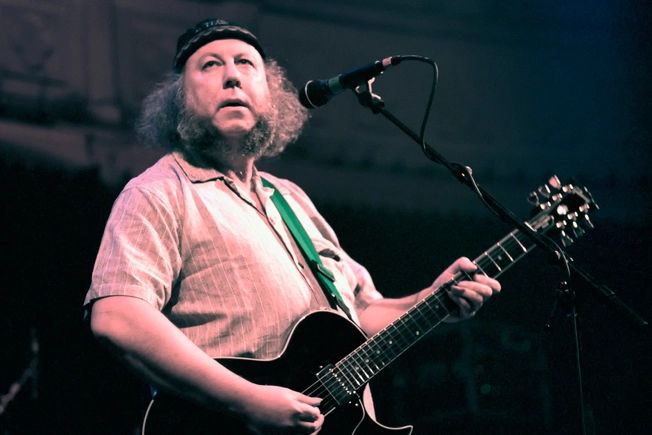
Peter Green
Green, a rock guitarist and a co-founder of Fleetwood Mac, struggled with paranoia and hearing voices. He quit the band in 1970 and slowly worked his way back to mental health. He returned to music and, along with the other members of Fleetwood Mac, was inducted into the Rock and Roll Hall of Fame in 1998. He began touring again with other bands before retiring from the road in 2010.
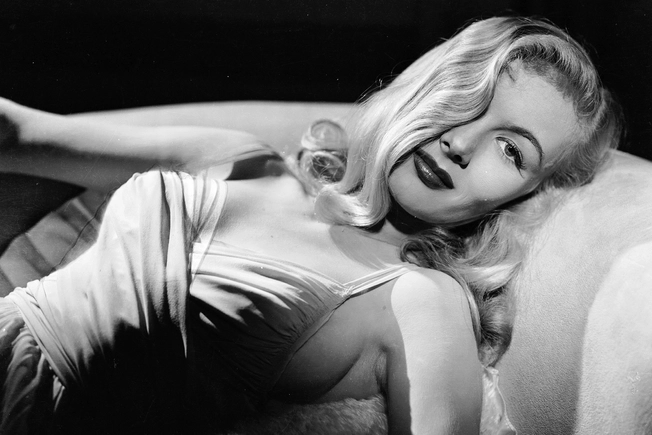
Veronica Lake
The movie star, who turned millions of heads in the 1940s, was diagnosed with schizophrenia as a child. Her parents hoped acting might be therapeutic. But Lake’s life eventually turned into a tragic Hollywood tale. She struggled with alcohol and failed marriages. Lake died penniless in 1973 of kidney failure and liver cirrhosis. She was just 51.
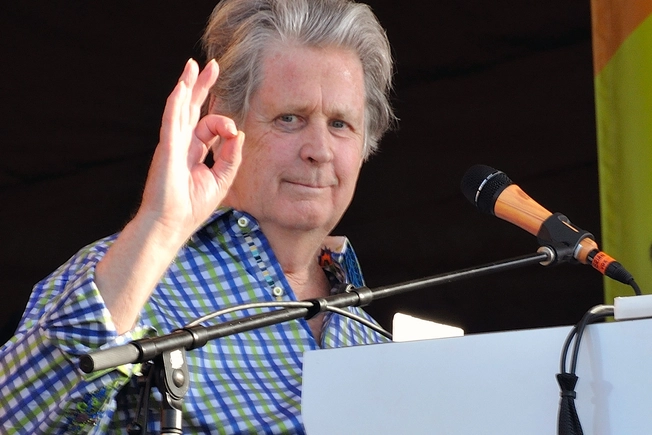
Brian Wilson
The legendary Beach Boys leader doesn’t have schizophrenia. But Wilson has the bipolar type of schizoaffective disorder. Some of its symptoms can overlap with that of schizophrenia, while other symptoms, like mood swings, can look similar to bipolar disorder. Wilson says medications and therapy have managed his mental illness and helped him “live a productive life.”